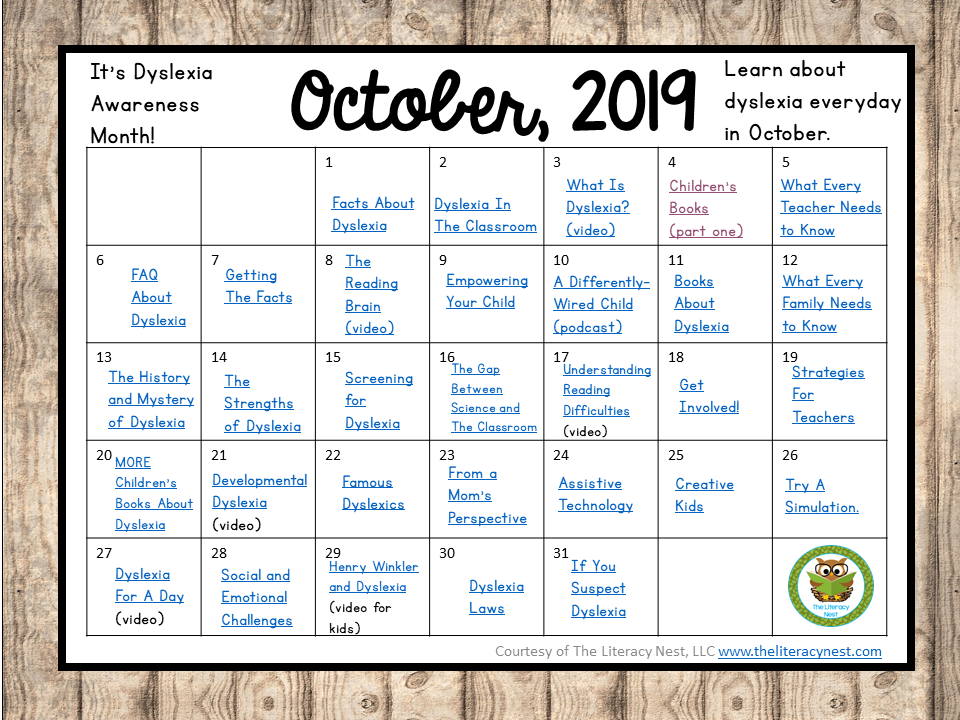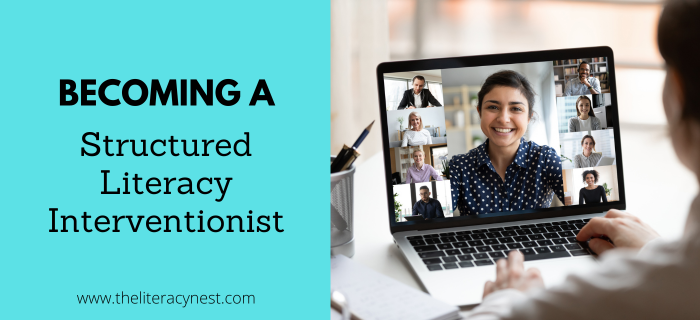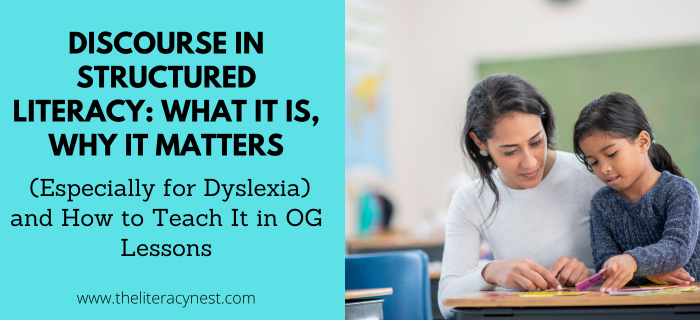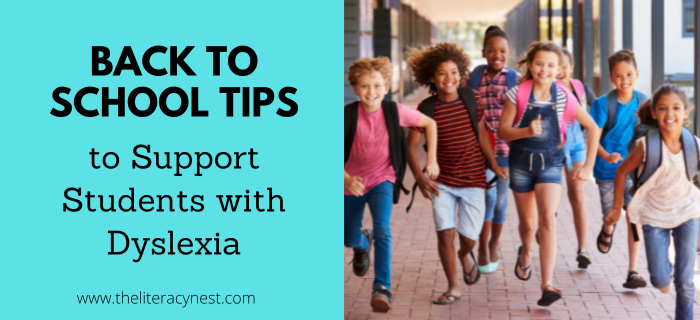The Top Ten Things We’ve Learned About Dyslexia So Far
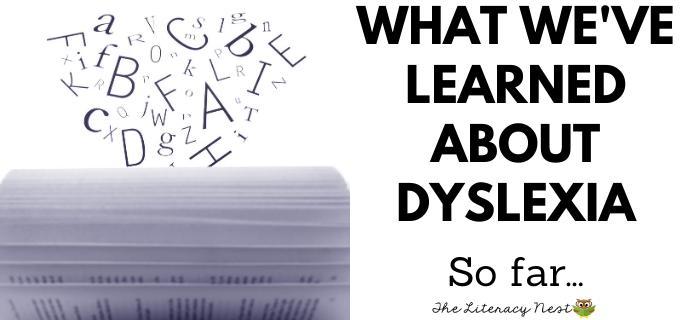
In honor of Dyslexia Awareness Month, I wanted to take a moment to draw from the comments of my readers. Whether you are a parent of a student with dyslexia, a teacher of a student with dyslexia, or a person who understands dyslexia through first-hand experience, the journey of learning is a lifelong one. As research and science learns more about the human brain, the knowledge available to us increases and we all continue to seek out new information and learning.
How did I compile this list?
Dyslexia Awareness Month is a time to spread awareness, learn the facts and dispel the myths. FInd out what these readers have learned about dyslexia so far.
At the beginning of October, I shared a post on my Facebook page which asked readers what they had learned about dyslexia. We know dyslexia is a very dynamic field of study. There is constantly new research and data coming out about it and the reading brain. We are learning more about the reading brain than EVER before. It’s an exciting time in the field of education, but you may also feel overwhelmed. Flawed theories of how children read continue to be implemented in many classrooms. The science of reading can feel like a huge mountain to climb, especially when you are used to teaching one way for many years.
What we do know from all of this new research is that many of the strategies we used for our dyslexic readers can benefit ALL children. So the study of dyslexia and how the reading brain works have converged. Read what some of my readers shared about their own learning. This is your invitation to learn more, too. Thank you for joining me on this journey!
What Have You Learned About Dyslexia So Far?
- Students with dyslexia are not lazy. They have to work harder than other students, but it isn’t impossible.
- Dyslexia will never go away. It isn’t something that is cured. You have dyslexia your whole life. It is a journey and will affect people differently at different points in their life.
- Dyslexia isn’t just about reversing b’s and d’s. The brain of someone with dyslexia processes differently. This affects much more than just reading and spelling.
- Early screening and early intervention is key. Red flags for dyslexia show up as early as the preschool years and dyslexia can usually be identified in Kindergarten. Don’t wait to get help.
- Dyslexia is not the same for everyone. It is important to get to know the individual and their strengths and what works best for them. There are different kinds of dyslexia and dyslexia occurs along a spectrum of severity.
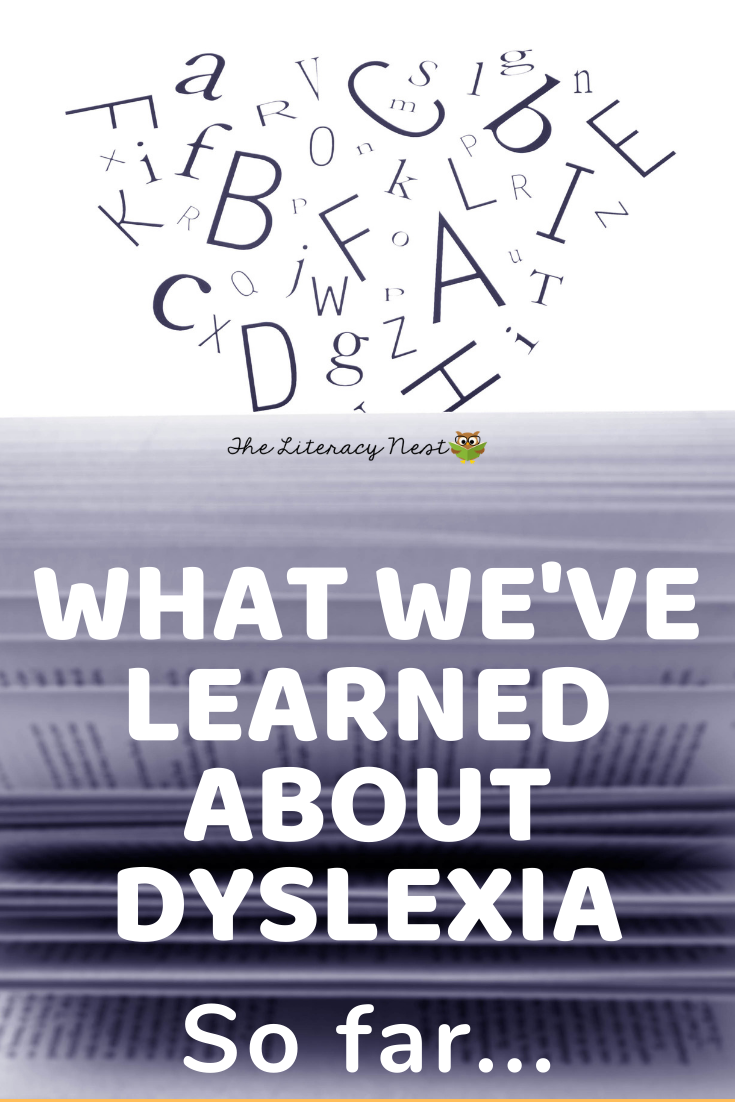
- Dyslexia isn’t rare. Up to 1 in 5 people have some degree of dyslexia.
- There is a great deal of misunderstanding and lack of understanding about dyslexia. More work is needed in training teachers and future teachers about recognizing and treating students with dyslexia.
- People with dyslexia have so much to offer. They are often extremely creative and intelligent people. With the tools to reach their full potential, they can share their gifts with the world. Self-esteem can be a struggle for students with dyslexia. Be sure to show compassion and understanding.
- There are multisensory strategies for math that can be very helpful for a student with dyslexia.
- Dyslexia is universal, but may occur less frequently in other languages (such as Korean, Chinese and Japanese) that are character based. The brain functions somewhat differently when reading these languages. While interesting, this is also important as it may be difficult to recognize dyslexia in an English Language Learner when their difficulty manifests primarily with English and not their primary language.
And a Bonus:
Learn as much as you can to be a fierce advocate for your child, your students or yourself. Say dyslexia!
Keep The Learning Going!
You can follow this FREE dyslexia awareness month interactive calendar to learn more about dyslexia and the reading brain.
~Dyslexia Awareness Month Information~
October is an exciting time! As part of Dyslexia Awareness month, I have important information to share with you.
Grab a FREE dyslexia awareness month interactive calendar for the month of October.
It features links to blog posts, articles, videos, podcasts, PDF handouts, simulations and much more.
Be sure to read more topics related to dyslexia on my blog for helpful tips.
Thank you for stopping by my blog today! Be sure to sign up to subscribe to my weekly emails while you are here!


